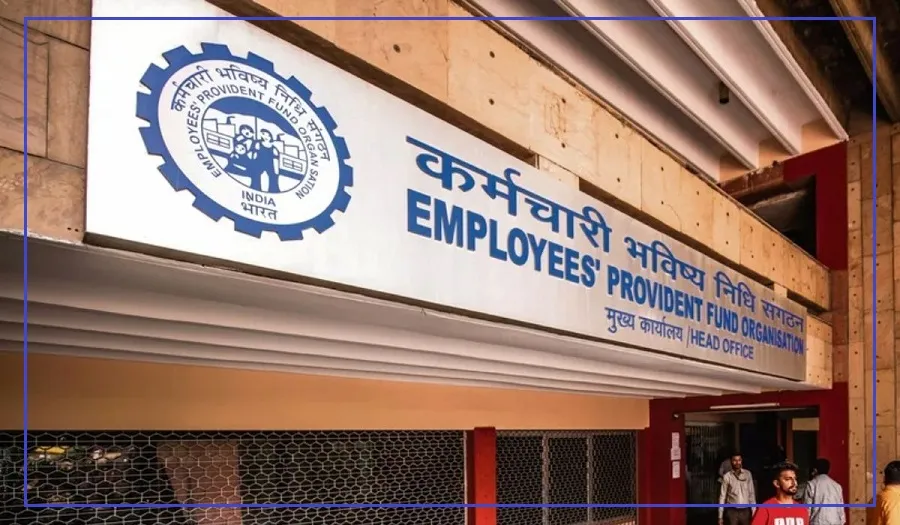The Employees’ Provident Fund Organisation (EPFO) may soon see its biggest change in a decade.
The government is considering raising the mandatory salary ceiling for EPF and EPS eligibility from Rs 15,000 per month to Rs 25,000.
If approved, this move could bring over one crore additional workers under the provident fund and pension system, giving them better financial security for the future.
The last increase in the salary limit was in 2014, when it went from Rs 6,500 to Rs 15,000.
Currently, employees earning up to Rs 15,000 in basic pay must be enrolled in EPFO schemes, while those above it can be excluded at the employer’s discretion.
This has left many private-sector employees without structured retirement savings.
Why the Revision Is Needed
M Nagaraju, Secretary of the Department of Financial Services, called the current situation a “serious concern.”
Employees earning slightly above Rs 15,000 often miss out on pension protection, leaving them financially vulnerable in old age.
Experts say the rules need to reflect current income levels and rising living costs.
Employee unions and retirement specialists argue that the existing ceiling is outdated and does not account for inflation or changing salary structures.
Potential Impact of the Change
If the proposal goes through, the Central Board of Trustees could approve it early next year.
Increasing the ceiling by Rs 10,000 could extend EPF and pension benefits to more than one crore new workers.
For employees, this means higher monthly contributions, a larger EPF corpus, and potentially higher pension payouts in the future.
Employers will also contribute more, as both workers and employers currently pay 12% of basic salary into EPF.
EPFO Today and the Road Ahead
The EPFO currently manages around Rs 26 lakh crore in assets and has 7.6 crore active members.
Expanding the salary threshold could significantly widen its coverage, marking it as a potential landmark social-security reform in the past decade.
This proposed change is being viewed as a strong step toward financial security for millions of Indian workers.

























